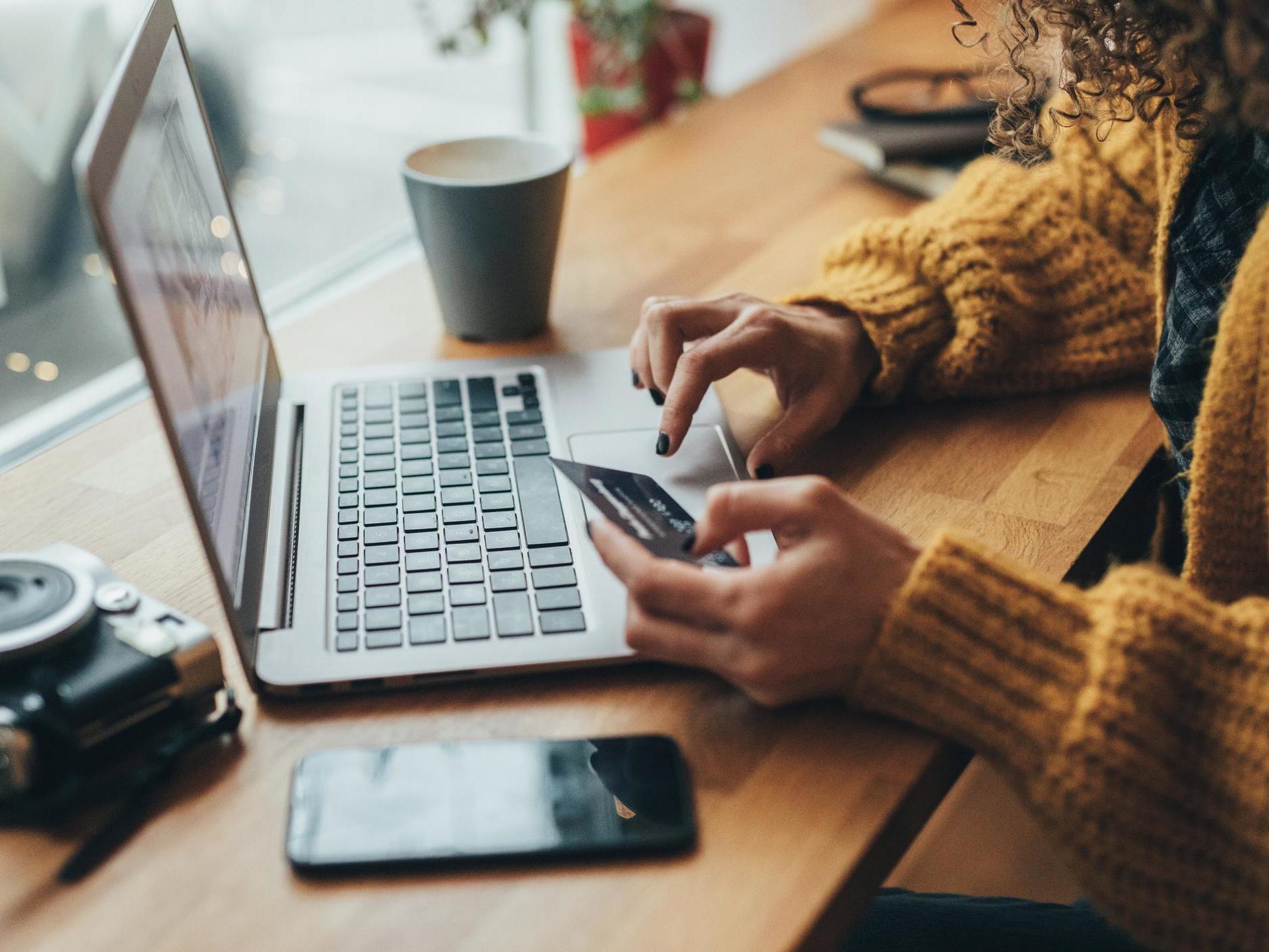Online fashion brands use ‘racy’ images to promote products, research finds
Findings come days after Missguided advert banned for featuring 'highly sexualised' images

Your support helps us to tell the story
From reproductive rights to climate change to Big Tech, The Independent is on the ground when the story is developing. Whether it's investigating the financials of Elon Musk's pro-Trump PAC or producing our latest documentary, 'The A Word', which shines a light on the American women fighting for reproductive rights, we know how important it is to parse out the facts from the messaging.
At such a critical moment in US history, we need reporters on the ground. Your donation allows us to keep sending journalists to speak to both sides of the story.
The Independent is trusted by Americans across the entire political spectrum. And unlike many other quality news outlets, we choose not to lock Americans out of our reporting and analysis with paywalls. We believe quality journalism should be available to everyone, paid for by those who can afford it.
Your support makes all the difference.Online fashion brands such as Missguided and Boohoo are twice as likely to use “racy” images to promote their products as high street stores, new research suggests.
According to analysis conducted by the BBC, on a typical UK high street retailer’s website, eight per cent of the women’s modelling images are “racy” compared to 16 per cent on the sites of online-only labels.
In order to classify an image’s “raciness”, the BBC used an AI Google tool that rates images from one to five in terms of how likely they are to be called “racy”.
Images in which models are wearing sheer or revealing clothing, such as swimwear, or are photographed in provocative poses are more likely to be classed as “racy”, according to Google’s software.
The BBC analysed 18,000 images with female models across 10 fashion sites in June and July.
Out of the online-only brands included, Pretty Little Thing had the highest “raciness” score, with 22 per cent of its images classified as such.
Pretty Little Thing was followed by I Saw it First (21 per cent), which dressed contestants on this year’s series of Love Island, and Boohoo and Missguided, both of which scored 16 per cent.
Meanwhile, traditional retailers such as Topshop and River Island generally scored much lower in terms of their raciness, with ratings of nine per cent and seven per cent respectively.
Missguided responded to the BBC’s research by explaining that the content on its website is reflective of its “sassy” audience.
“Our website reflects what appeals to the young women who love to buy from us – sassy, empowered, unafraid of what others think," a brand spokesperson said.
“We run our website for them, not an artificial intelligence algorithm.”
The research comes days after adverts for both Missguided and Boohoo were banned by the Advertising Standards Authority (ASA).
The ASA ruled that Boohoo’s advert was “socially irresponsible” while it said the Missguided advert, which was primarily for swimwear, featured “highly sexualised” images and “objectified women”.
The Independent has approached all of the brands mentioned for comment.
Join our commenting forum
Join thought-provoking conversations, follow other Independent readers and see their replies
Comments